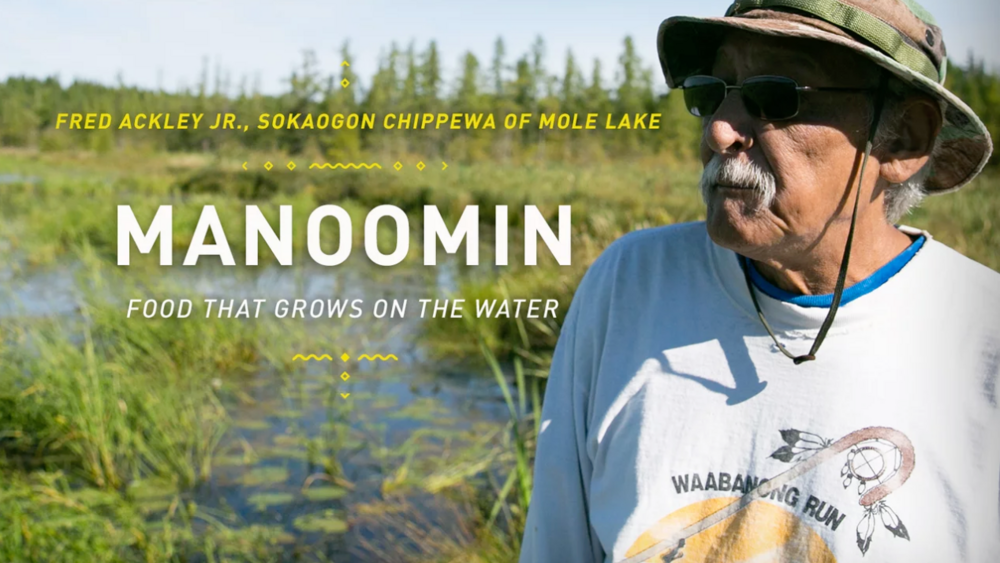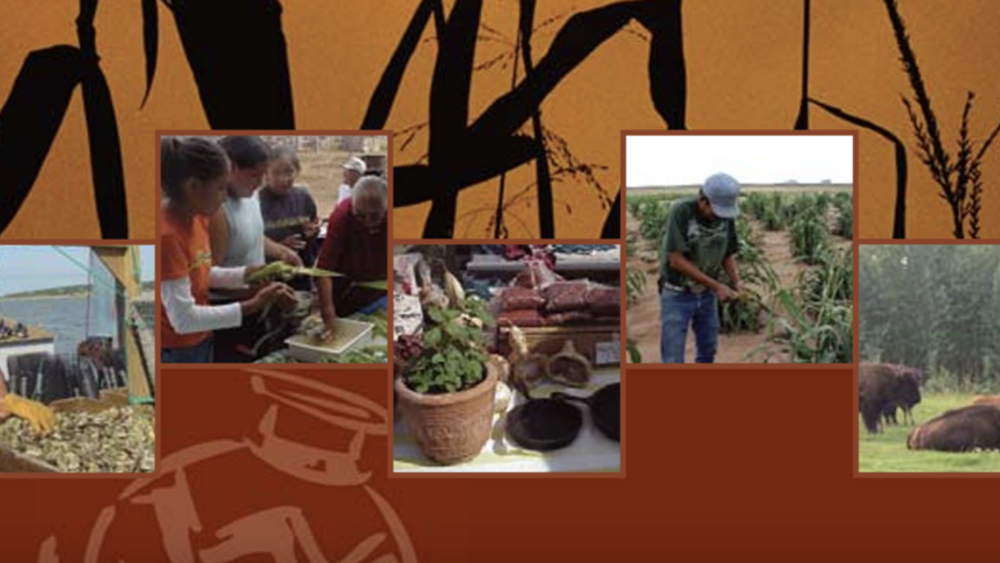Indigenous Peoples’ knowledge and food systems are fast disappearing but are of the utmost importance, not only for sustaining Indigenous Peoples but also for providing alternative paradigms for coping with diverse ecosystems in a changing global environment. This research examines Blackfeet tribal food systems and is meant to be not only an oral history of Blackfeet foods but a guide on how to use them.
Additional Information
Beck, Abaki. Ahwahsiin (The Land/Where We Get Our Food): Traditional Ecological Knowledge and Contemporary Food Sovereignty on the Blackfeet Reservation. Blackfeet Reservation, Montana: Saokio Heritage, 2017. Accessed February 28, 2023.



